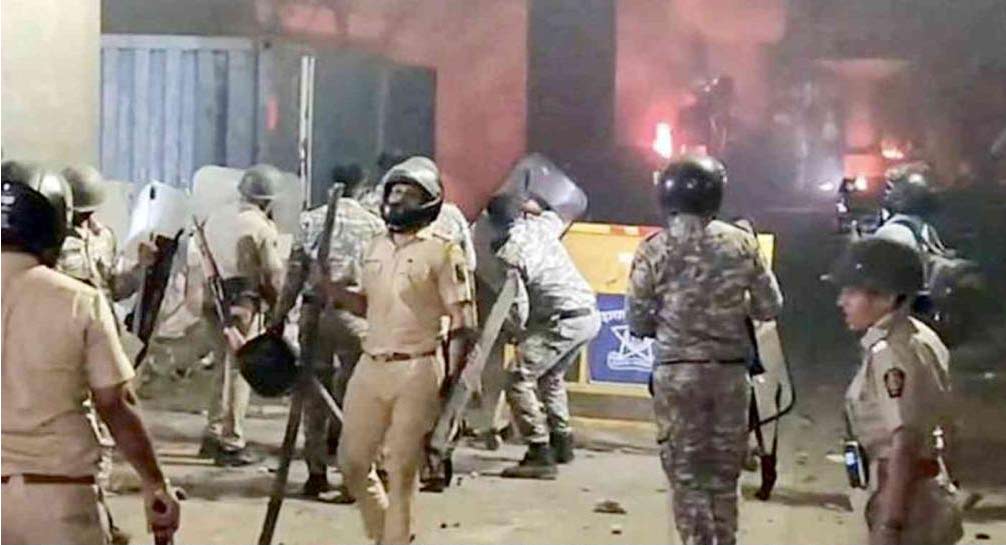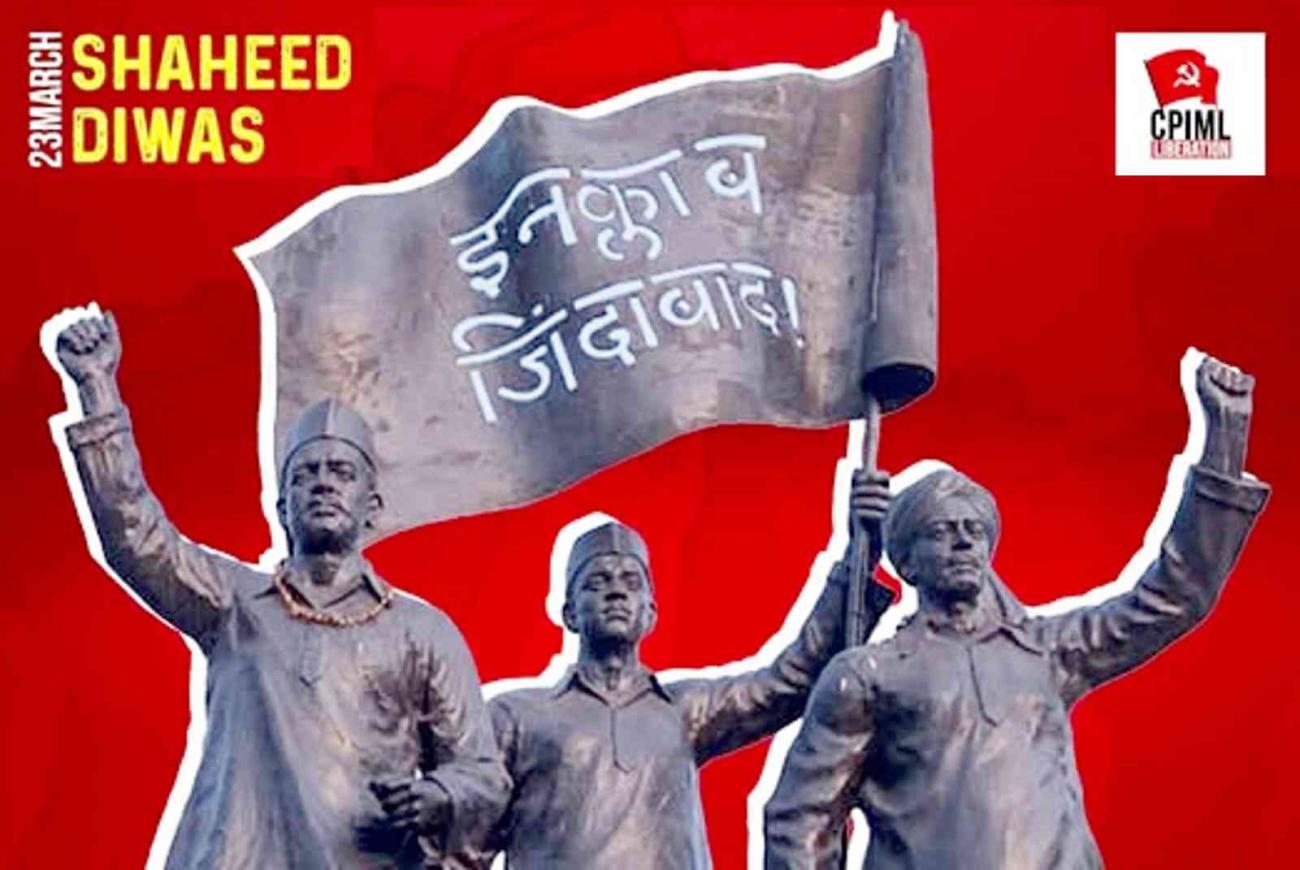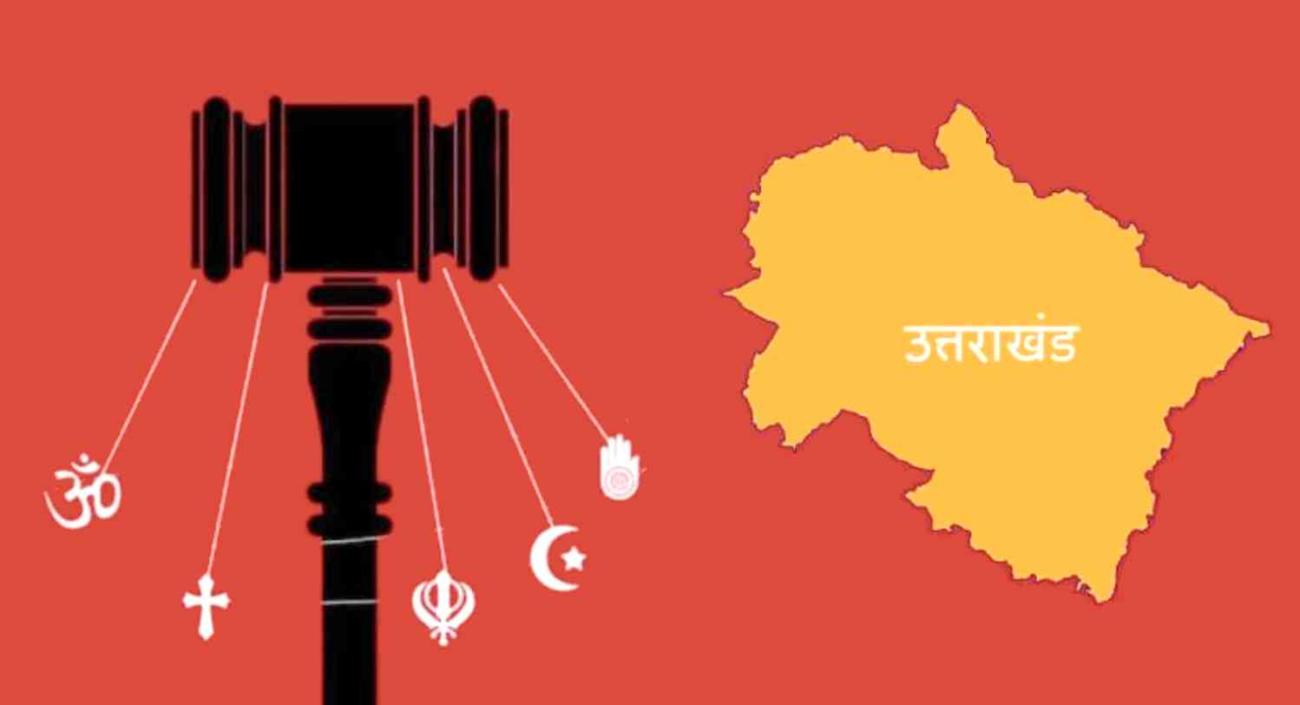For arguments sake, forget the hefty amount incurred in procuring. What about the restrictive (read humiliating) clauses that stupefied the CAG? According to these clauses, India has signed away the authority to deploy the warship in a war! It can only deploy it in a humanitarian relief mission. The sale agreement has also granted an unprecedented right to the US to board and take an inventory of the ships capabilities whenever it wants to. A naval ship is defined as a sovereign piece of territory in the seas�; yet India has allowed the US a right to board the ship, thereby allowing it to encroach on our sovereignty at will!
Questioning those conditionalities, the CAG observed, Restrictive clauses raise doubts about the real advantages from this deal. For example, restrictions on the offensive deployment of the ship and permission to the foreign government to conduct an inspection and inventory of all articles transferred under the End-Use monitoring clause of the Letter of Agreement (LOA). Given that the ship is of old vintage, Indian Navy would remain dependent upon foreign-based support.� The CAG also pointed out that the Indian Navy bought the ship without any proper technical inspection or evaluation, even though it was well known that the ship was an old one that the US Navy no longer had any use for.
This suggests that the Jalashwa deal is even worse than the infamous Bofors, which did not after all dump vintage and defective guns on the Indian Army. The official communist parties CPI and CPI(M) as well as the BJP and non-Congress parties like Janata Dal demanded the resignation of Prime Minister Rajiv Gandhi over the Bofors scandal in the late-1980s. But today CPI(M) and CPI too just want a probe into the INS Jalashwa purchase modalities without demanding that Anthony and Mukherjee temporarily relinquish their posts to ensure an inquiry free from interference. On the contrary, the CPI(M) Politburo statement offers an escape route: an assurance that such dubious defence purchases will not be resorted to in the future�.
Dubious defence deals seem to be the order of the day be it the NDA regime or that of the UPA. The Tehelka expose had revealed the dirt behind the deals inked in the NDA tenure. The Barak Missile Scandal was one of the main instances, relating to the purchase of the Barak Missile Systems by India from Israel. The Tehelka had shown tapes of the Samata Party treasurer speaking of how the Barak systems received approval in spite of being rejected by the DRDO, due to a one crore rupee bribe paid by broker and ex-Naval officer Suresh Nanda. The CBI has recently arrested Suresh Nanda and his son Sanjeev (infamous for mowing down seven people with his BMW and then buying silence from witnesses). Despite ample and growing evidence of the corrupt practices used by Israeli companies in the Barak deal, the UPA Government has refused to take any punitive action against them. The CPI, CPI(M), RSP and Forward Bloc have written to the Prime Minister demanding action against the Israeli companies and expressing concern over the growing closeness with Israeli arms dealers in spite of their violations of Indian laws. But the Government remains unmoved.
The Jalashwa Deal is concrete evidence of the way in which the Indian Government is selling out our sovereignty through in the name of strategic closeness to the US, and of how this subservient relationship cannot possibly be defended in the name of military benefits for India. Any logistic support deals with the US are bound to be just as much of a bad deal for India. And the CPI(M)-led official Left camp, by calibrating its criticism carefully to ensure that it does not cross the polite boundaries of letters and appeals, has in fact allowed the UPA to advance this disastrous pro-US policy to a dangerous degree. History will hold them responsible for allowing this to happen at a time when the Left had its best ever presence in Parliament and at the behest of a Government which was supported by these Left parties.





